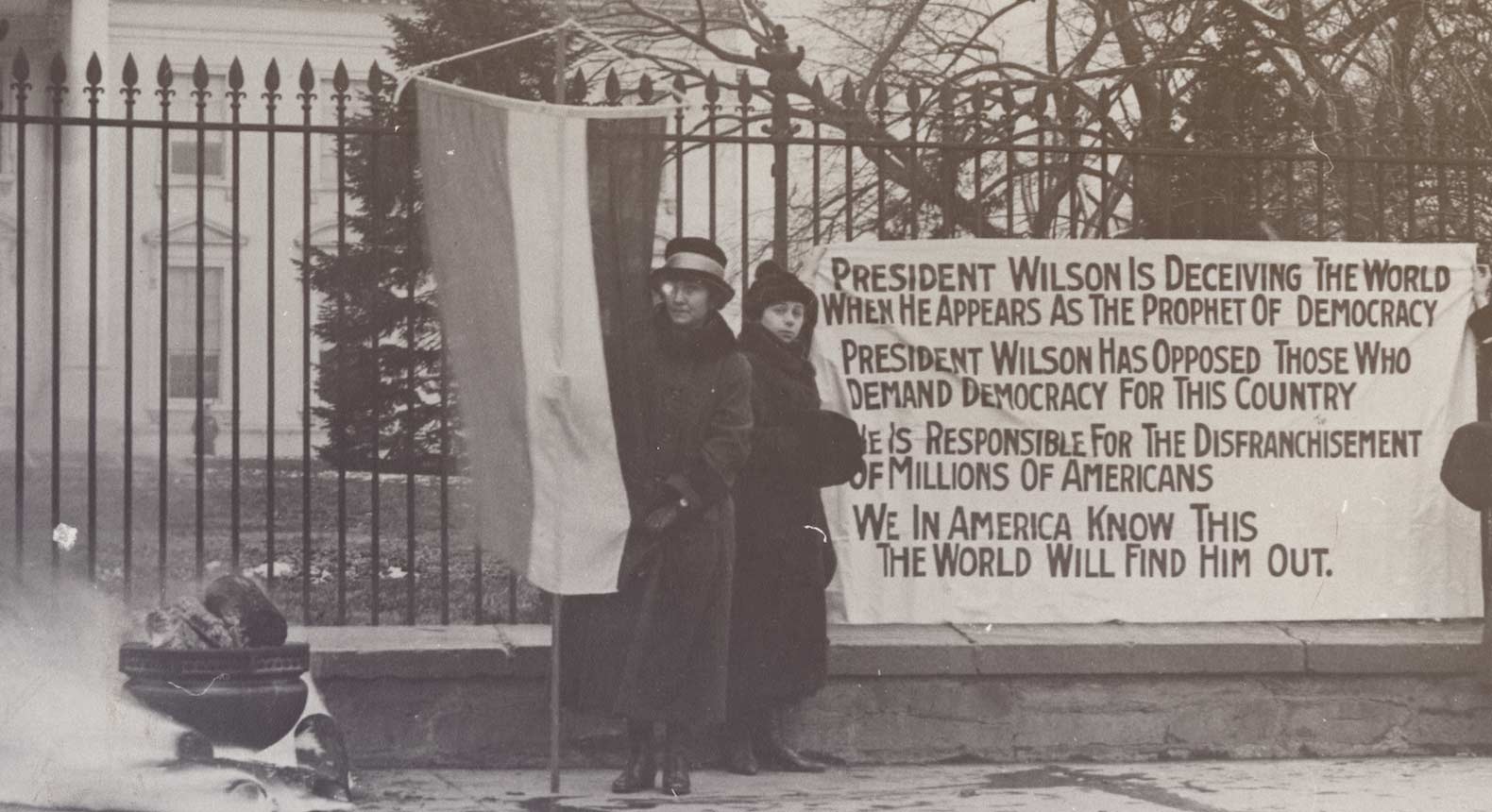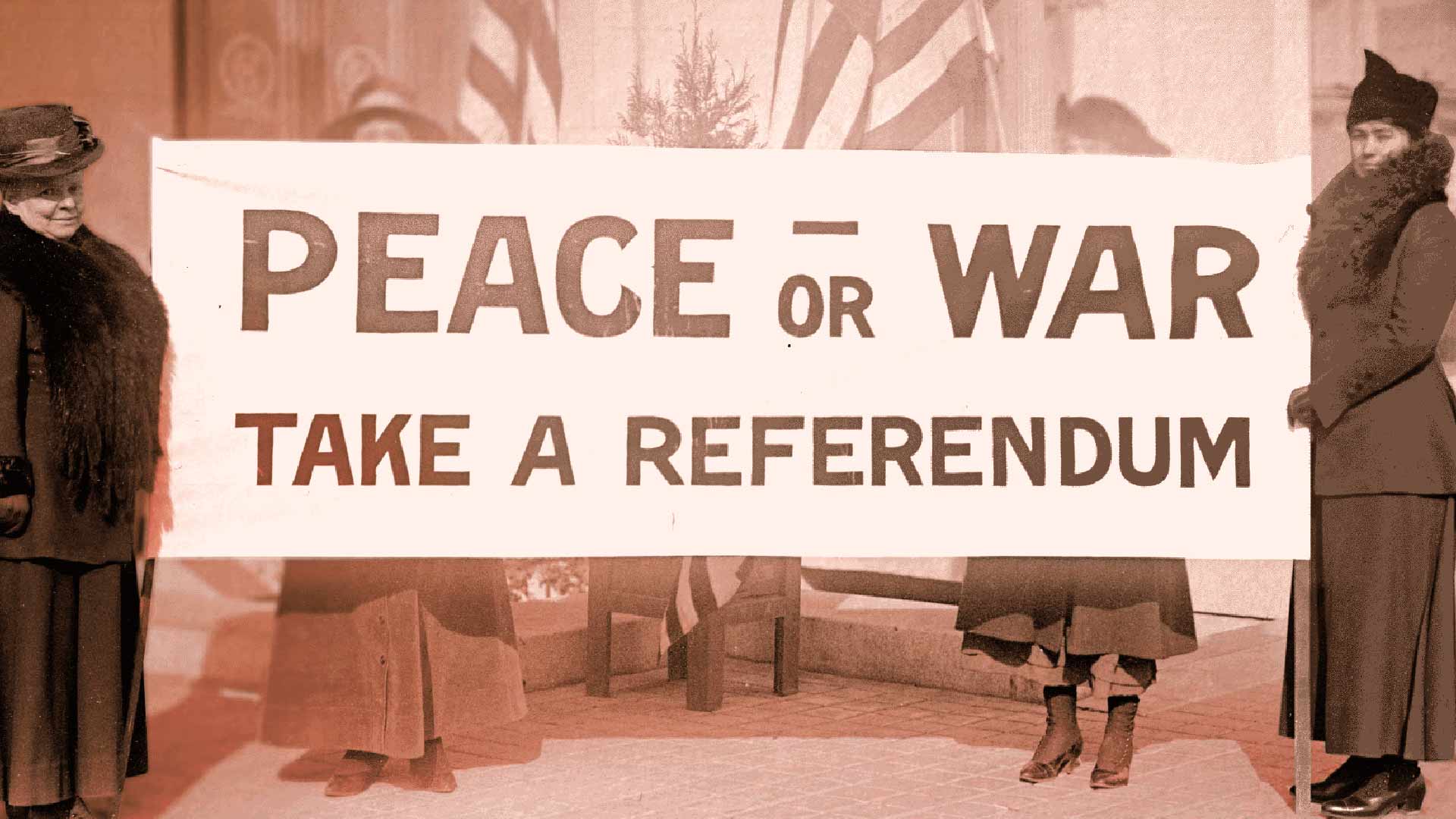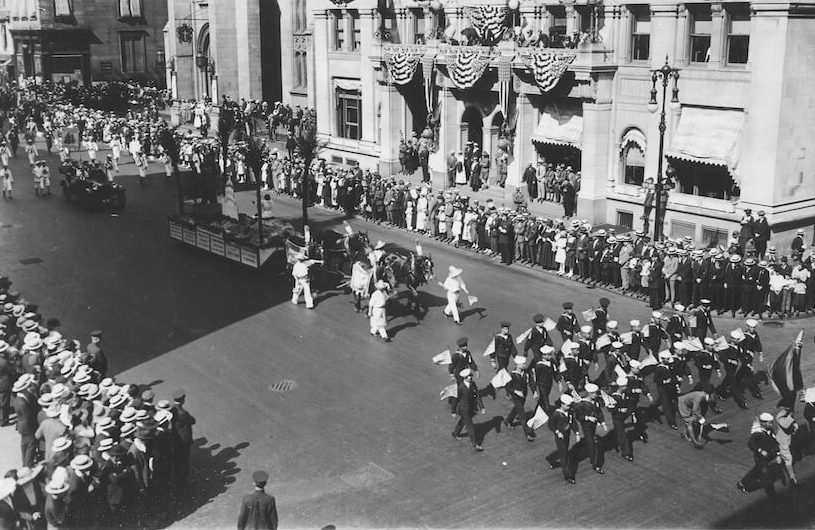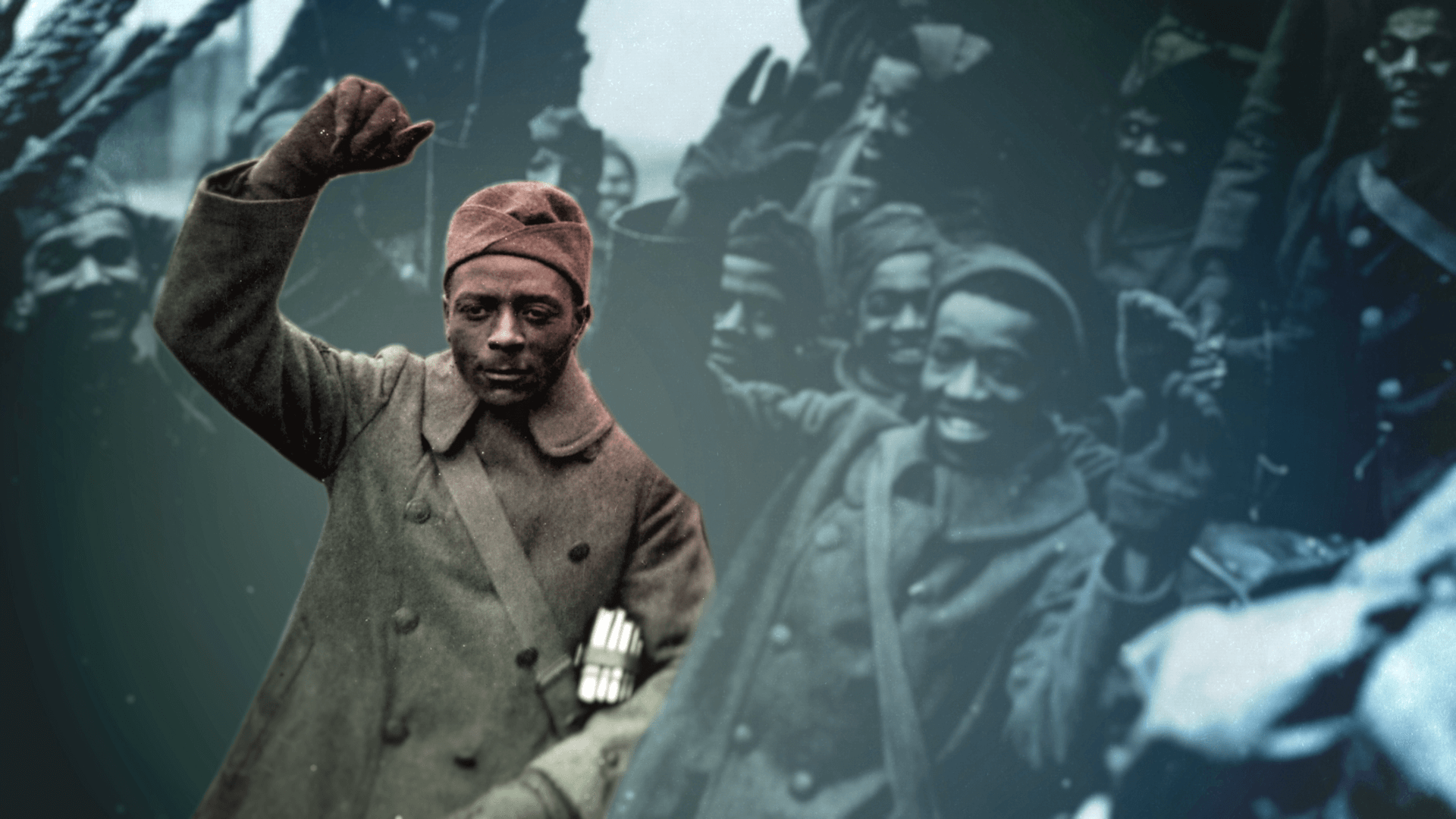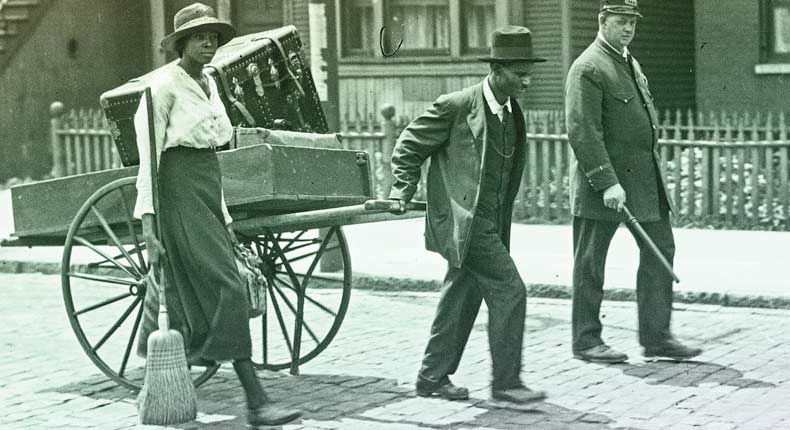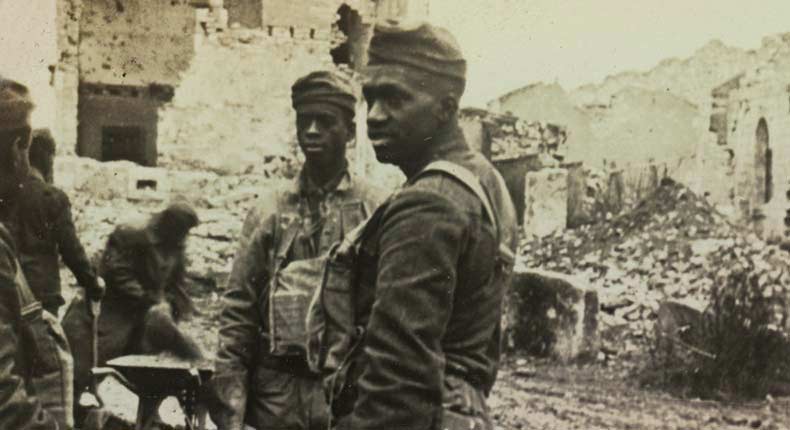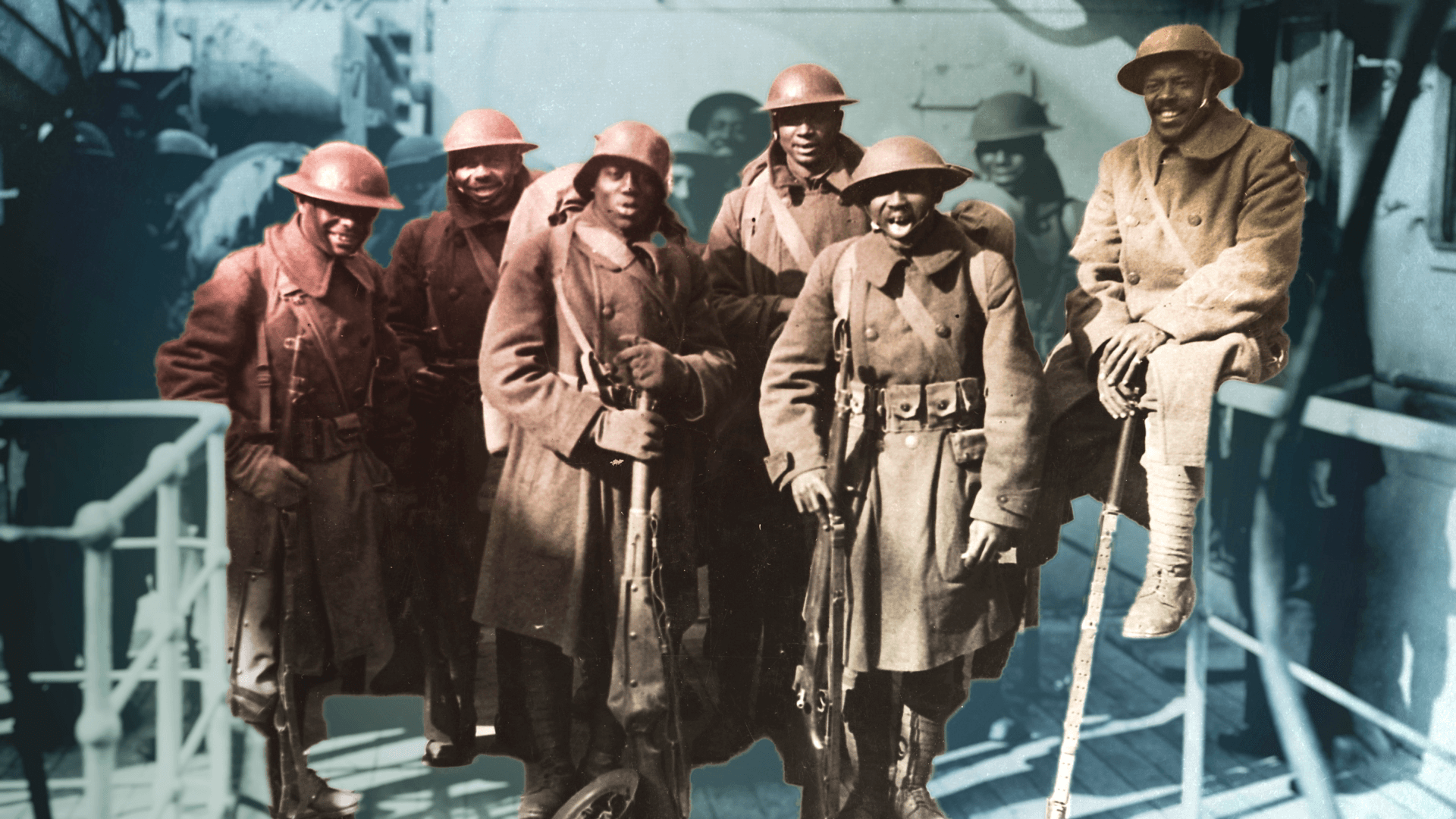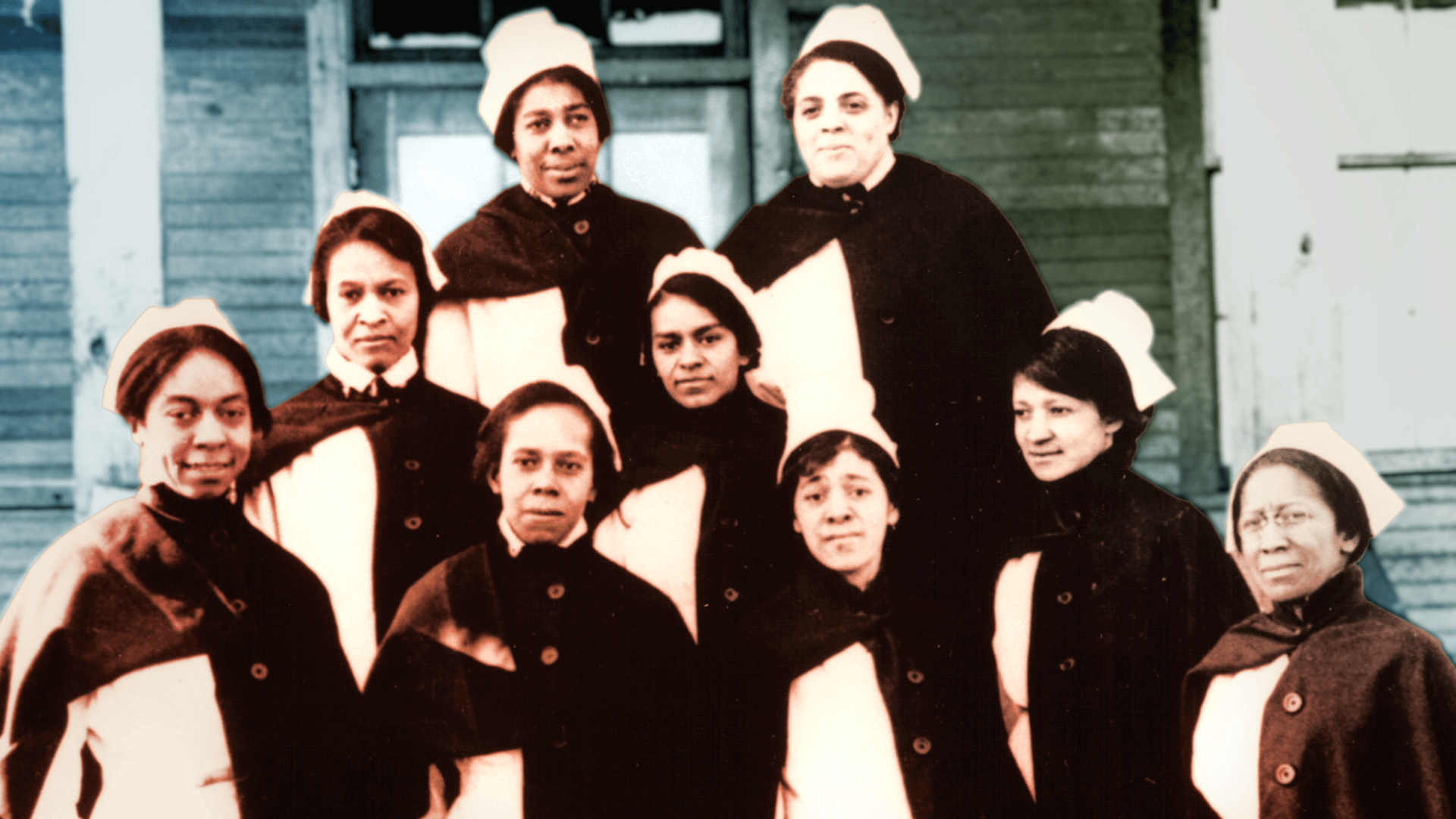Coming Home
April 13, 2020
[0:00:11] Announcer: Welcome to the How World War I Changed America podcast series, sponsored by the Andrew W. Mellon Foundation with host Dr. Libby O'Connell. [0:00:26] Libby O'Connell: Welcome everyone, this is Dr. Libby O'Connell with our podcast topic today of Coming Home, and we're thrilled to be talking to Jennifer Keene. Dr. Keene is the Dean of Wilkinson College, Professor of History at Chapman University. She's going to be talking to us about legacies and coming home from World War I. Welcome, Jennifer. [0:00:47] Jennifer Keene: Thank you. Pleased to be here. [0:00:50] Libby O'Connell: There are a lot…
Read More
Conscientious Objectors
April 13, 2020
[0:00:11] Speaker 1: Welcome to the, How world War I Changed America Podcast Series. Sponsored by the Andrew W. Mellon foundation with hosts, Dr Libby O'Connell. [0:00:26] Dr. O'Connell: This is Libby O'Connell. Our guest today, Dr Chris Capozzola professor from MIT. [0:00:32] Dr. Cappozola: Thank you for having me. [0:00:34] Dr. O'Connell: Today our topic is Citizenship In America. Rights And Responsibilities During World War I. Could you talk a little bit about the large religious minority groups in The United States, in 1914. I say large because there's so many different religions in United States. So many people…
Read More
Rights and Responsibilities and Responsibilities in Wartime
April 13, 2020
Although the United States is a nation with defined rights protected by a constitution, sometimes those rights are challenged by the circumstances at hand. This is especially true during wartime and times of crisis. As Americans remained divided in their support for World War I, President Woodrow Wilson’s administration and U.S. Congress pushed prowar propaganda and enacted laws meant to deter anti-war protesting. When war protests did arise, those who challenged U.S. involvement in the war faced heavy consequences, including jail time for their actions. Many questioned the pro-war campaign and its possible infringement on Americans’ First Amendment freedoms, including…
Read More
African Americans in World War I
April 13, 2020
Video Discussion Questions What was it like to be African American at the time of the start of WWI?By then end of 1919, what was the reason for a migration of African Americans and how many left the South for the North? What role do African American women play during World War I on the homefront?In a war fought for democracy, and according to the video, why did some African American men choose to fight? What roles did African American men play during World War I on the battlefront?How many men served with France and explain who is Henry Johnson…
Read More
The Red Summer
April 13, 2020
[0:00:11] Announcer: Welcome to the How World War I changed America podcast series, sponsored by the Andrew W. Mellon Foundation with host Dr. Libby O'Connell. [0:00:26] Libby O'Connell: Welcome everybody to our podcast on Red Summer. This is Dr. Libby O'Connell. We're very pleased today to have as our guest, Dr. Chris Capozzola, professor at MIT. Welcome, Chris. Thank you for joining us today. [0:00:41] Chris Cappozola: Thank you for having me with you. [0:00:43] Libby O'Connell: I heard you speak about Red Summer a few years ago and I thought this is the guy I really want to have…
Read More
African Americans in World War I
April 13, 2020
[0:00:11] Speaker 1: Welcome to the How World War I Changed America podcast series, sponsored by the Andrew W. Mellon Foundation, with host Dr. Libby O'Connell. [0:00:26] Libby O'Connell: My name is Libby O'Connell. Today, our topic is African Americans in World War I. Our guest expert today is Dr. John Morrow, Franklin Professor of History at the University of Georgia. It's really an honor to have you here, John. Welcome. [0:00:43] John Morrow: Thank you, Libby. It's a pleasure to be with you today. [0:00:46] Libby O'Connell: You really are one of our nation's experts on the topic, so…
Read More
Why Black Men Fought in World War I, 1919
April 13, 2020
During World War I, the approximately 370,000 black men in the US army served in segregated regiments and were often relegated to support duties such as digging trenches, transporting supplies, cleaning latrines, and burying the dead. One notable exception is the “Harlem Hellfighters,” organized in 1916 as the 15th Infantry Regiment of the New York National Guard. Their nickname came from the 200 Harlem residents that comprised the core of the regiment and the German view of them as “Hellfighters.”
Read More
African Americans in World War I
April 13, 2020
Almost 400,000 African Americans served in the U.S. military during World War I. Millions more registered for the draft. 200,000 African Americans served overseas with the American Expeditionary Forces. President Woodrow Wilson deemed it a war to make the world “safe for democracy,” but what did he mean by democracy and who had access to that vision?
Read More
